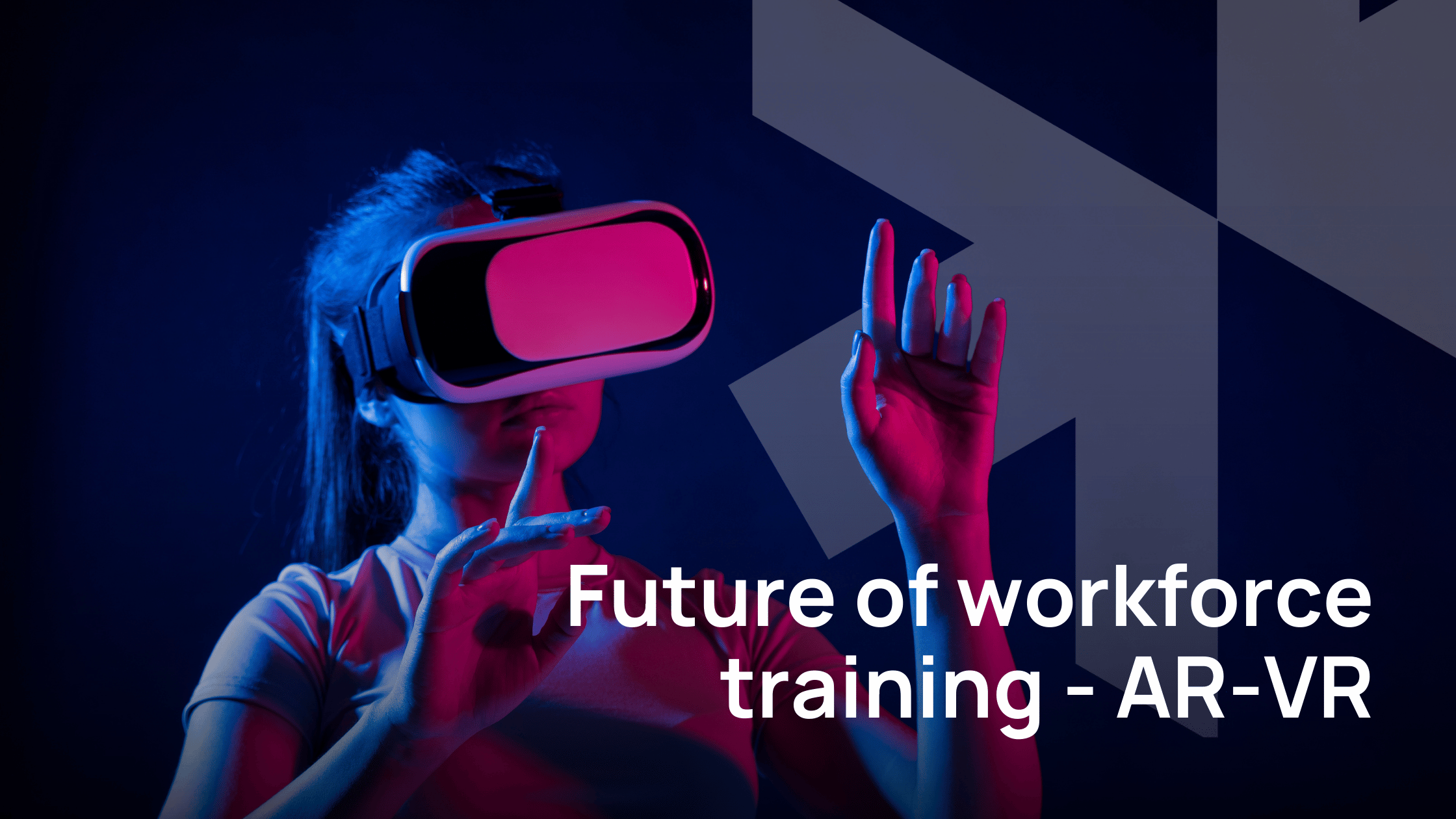Dr. AI – How it is impacting healthcare? and Covid-19 in China?
Technological change is rapidly sweeping the world today. On one hand there is the digitalisation of many services, and on the other hand, there is Artificial Intelligence which is redefining various aspects of life. From education to production and logistics, AI is transforming the way we work, play and live. The field of medicine has not remained untouched by technology. Digitalization is already reshaping the age-old doctor-patient relationship, and now, Artificial Intelligence is poised to bring tectonic shifts in medicine and healthcare.
More than 32,000 potential cases of Covid-19 have been detected by using AI software to expedite diagnosis.
Chinese hospitals are deploying artificial intelligence to detect visual signs of the pneumonia associated with Covid-19 on images from lung CT scans. As of February, around 34 hospitals in China were using software to diagnose Covid-19 cases. The software used data fro over 5000 previous diagnosis to successfully detect Coroavirus differences in CT scans with an accuracy of 96% within 20 seconds.
Here’s a look at how AI is changing medicine
Digital Diagnosis
With systematic integration of AI, Deep Learning, and chat-bots, consultation has really advanced to the next level. AI enabled chat-bots are able to ask relevant questions and help doctors with correct and detailed information to provide accurate diagnosis in the shortest possible time. With Deep Learning processes even complicated and unstructured inputs can be transformed into accurate information and utilised to achieve a quick resolution. On a lighter note, AI can save doctors from tasks such as writing notes and reading scans, allowing them more time to connect with the patient.
Medicine Selection
After consultation, AI further helps doctors to quickly and efficiently select medicine to prescribe. It could offer pointers about whether the medicine is available near the patient’s location. AI could help quickly diagnose and treat common childhood conditions. It’s expertise in recognising patterns could also help predict whether an individual could develop Alzheimer’s. Similarly, AI could play a vital role in the treatment of potentially terminal illnesses such as cancer.
Robotic Operators
The use of tools such as robotic arms for surgeries goes to show how robotics has impacted medicine. The entry of AI into the operation theatre could further improve the efficiency and accuracy of surgeries. It could help doctors choose the right tools, and provide real-time data and risk-assessment while the surgery is in progress
Follow-up
Many a time, the follow-up visit to the doctor becomes more of a hassle for the patient than the actual treatment itself. Doctors find it difficult to devote enough time to follow-up and patients struggle to get an appointment. AI-enable chat-bots could help resolve many such issues with follow-up. As data about treatment is stored digitally and could be accessed easily, AI-enabled bots could instantly solve the patient’s problem. This could help the follow-up checkups hassle-free for both patients as well as doctors.
These are just a few areas of opportunity where AI could revolutionize medicine. There is a lot of ground AI expected to cover over a period of time. More accuracy is to be achieved while ensuring operational efficiency. Being a veteran player in the healthcare sector, Crafsol is committed to working towards the betterment of the healthcare industry in every way. The company’s leadership has deep expertise in healthcare and pharmaceutical domains and aims to play a pivotal role in driving innovation in this field.







